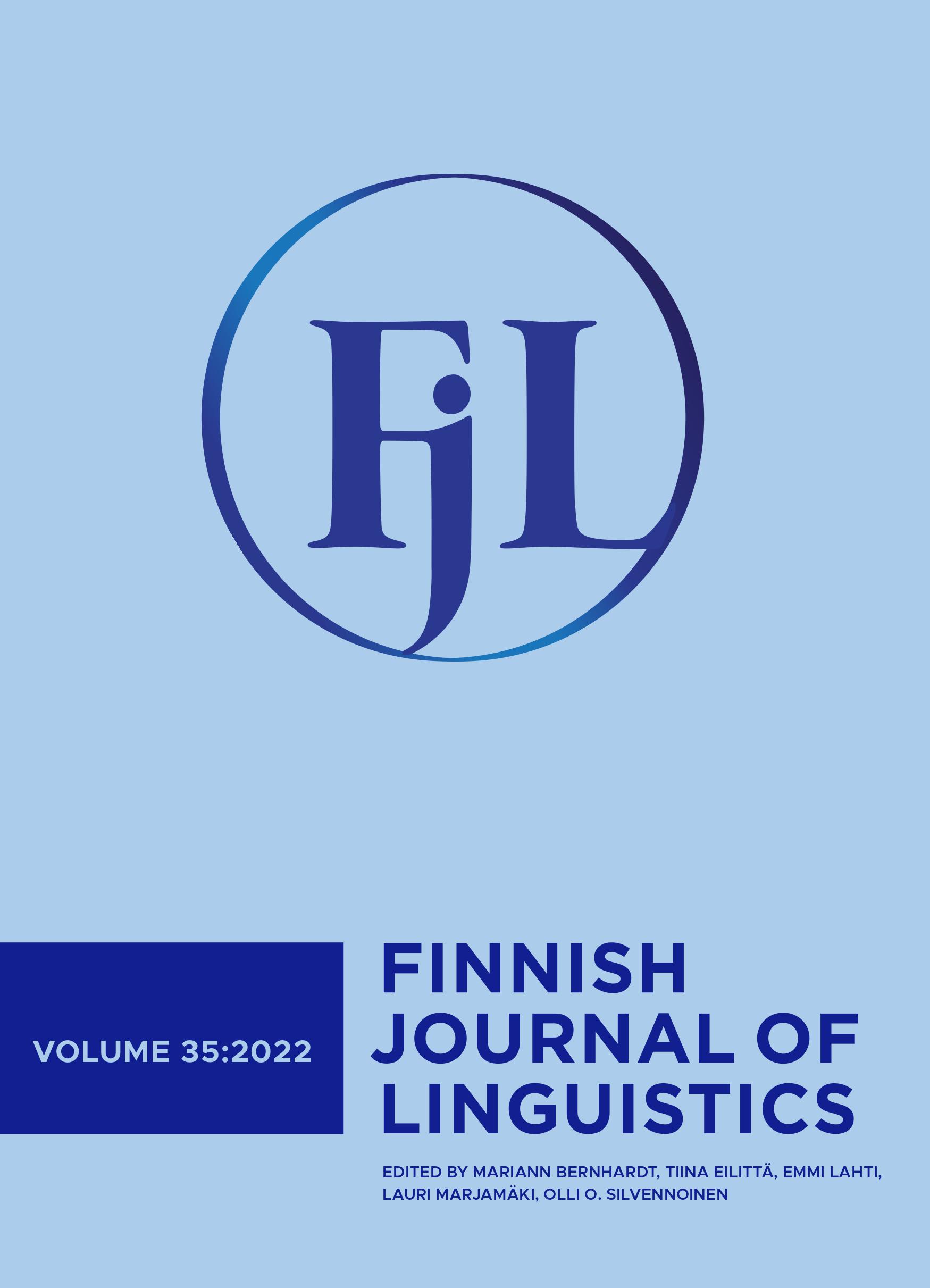A general characterisation of vowel harmony in Uralic languages
Keywords:
vowel harmony, umlaut, vowel assimilation, typology, Uralic languagesAbstract
The paper gives an overview of phenomena labeled as vowel harmony observable in Uralic languages in a systematic way. Instead of following the family tree, the geographical position of languages or arbitrary parameters, the different vowel harmony systems are arranged into a loose network due to their holistic similarity. Three groups of vowel harmonies are distinguished. The most widespread are canonical front/back harmonies, typical for many of the Uralic languages (dialects) belonging to different branches. Although they show considerable differences when compared to each other, they are strikingly similar when compared to other vowel harmony systems. The second group includes quasi-canonical harmonies, resembling canonical harmonies in some way but differing both from them and from each other in some other aspects. Finally, there are non-canonical harmonies, which consist of two distinct categories, one of which can be labeled vowel harmony only on historical grounds.





